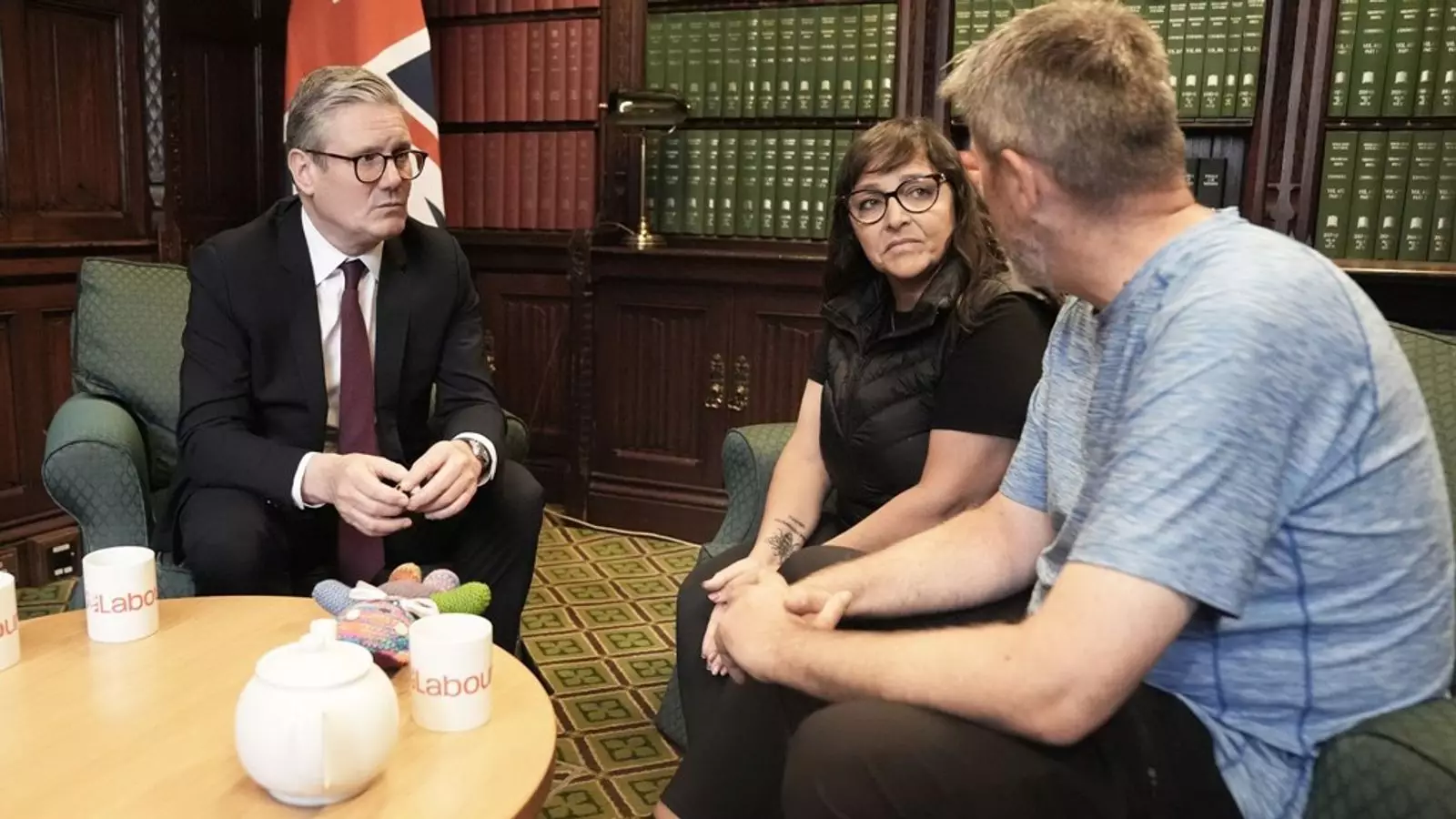Loss has a way of reshaping lives, often in the most profound and painful ways. Within the context of bereavement, a mother who has lost a child stands at the intersection of despair and relentless fortitude. Figen Murray exemplifies this transformation after her son Martyn Hett was tragically murdered in the Manchester Arena terror attack in 2017. Beyond the heart-wrenching grief, Figen embodies an unyielding spirit that defies public limitations and societal expectations. The story of her activism offers a powerful lens through which we might consider broader societal issues regarding safety, responsibility, and the necessity for proactive changes in the face of the unthinkable.
The Power of a Personal Mission
Figen’s activism began as a personal journey of grief but quickly evolved into a public mission for change. Walking 200 miles to Downing Street, arguably a journey of both physical and emotional magnitude, she embodies the adage that “where there is a will, there is a way.” Her actions echo the frustrations many feel when confronted with legislative inertia in the wake of tragedy. This sentiment isn’t merely about a child lost; it represents a societal failure—a collective responsibility to ensure safety and security, particularly in places where joy and celebration should prevail.
It’s impossible to examine Figen’s story without acknowledging the profound impact of her pain on those around her. After years of advocacy, Martyn’s Law has emerged as a guiding light for safety in public spaces, mandating better training for staff at venues to guard against such horrors. This transformative legislation paved the way for a safer society and underlines a crucial point: legislation must be dynamic, evolving with the real-life ramifications of events that disturb the peace of our communities.
Bridging Grief with Education
Engaging in the academic realm of counter-terrorism not only showcases Figen’s commitment to understanding the complexities of radicalization but also her belief in the power of education as a tool for prevention. By pursuing a master’s degree, she has transcended the role of a grieving mother to that of an educator and advocate. It’s a stark reminder of how personal suffering can lead to societal solutions. Through her story, the vital role of education emerges—not simply as a pathway to understanding terrorism, but as a bulwark against it. Figen’s campaign emphasizes a proactive approach to prevention, teaching young people to recognize the signs of radicalization and manipulation. In advocating for programming in schools, such as the Netflix drama “Adolescence,” she offers tools for resilience in an era rife with misinformation and divisive ideologies.
The Intersection of Safety and Culture
The narrative doesn’t end with legislation; the discussion surrounding the financial implications for venues calls into question our values as a society. Safety should never be an afterthought or a burden on those providing joy and entertainment. Emma Kay’s comments highlight a growing trend where patrons—especially women—demand enhanced safety measures. This should not be a contentious issue; it should be a societal expectation. We should not debate the cost of safety; we should ensure that it is woven into the very fabric of our communal experiences.
Indeed, the essence of Martyn Hett—his vivacity and zest for life—reminds us that joy should not come with a price of fear. Figen’s reflections on how her son would react to the passage of Martyn’s Law only amplify the urgency behind such legislation. She speaks for a generation yearning for a sense of normalcy, where nights out aren’t marred by the specter of violence but celebrated as beautiful moments of connection and freedom.
In a world that often feels fractured and dissonant, Figen Murray’s resolve serves as a beacon of hope. Her story is a testament to the strength borne from sorrow and an urgent call for collective action towards a future where tragedy is not the catalyst for change, but the catalyst for understanding and prevention.

